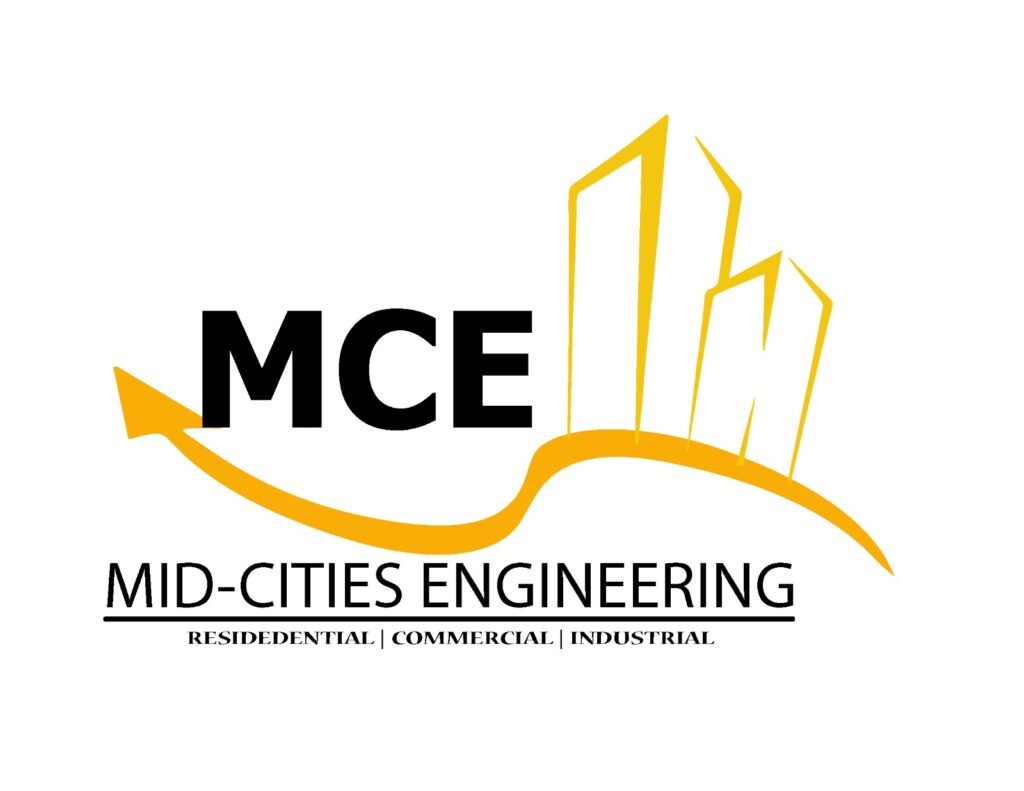Zoning & Regulatory Approvals
Zoning & Regulatory Approvals
Within the intricate landscape of land development, zoning and regulatory approvals emerge as indispensable cornerstones. These fundamental processes wield substantial influence, providing a systematic blueprint for the utilization, enhancement, and alteration of land within specific jurisdictions. In essence, they are the architects of organized urban growth and rural expansion, sculpting the very framework that ensures that land development resonates harmoniously with the broader objectives, safety protocols, and ecological responsibilities upheld by the surrounding community.
Previous
Next
Zoning Regulations
Zoning refers to the division of a geographic area into different zones or districts, each with specific land use regulations and restrictions. These regulations can dictate the types of activities permitted within each zone, such as residential, commercial, industrial, or recreational purposes. Zoning codes also outline requirements for building heights, setbacks, lot sizes, and parking provisions. Developers must navigate these regulations to determine if their proposed project complies with the zoning requirements. If not, they may need to seek variances or rezoning to proceed with their plans.
Regulatory Approvals
Regulatory approvals encompass the various permits and clearances required before initiating a land development project. These approvals can involve environmental assessments, traffic impact studies, archaeological surveys, and compliance with building codes, health and safety standards, and environmental laws. Depending on the project’s size and complexity, developers may need permits from multiple agencies, such as local municipalities, state governments, or federal entities. Securing these approvals is a critical step in ensuring that the development project complies with all relevant laws and regulations, safeguarding public interests and the environment.

